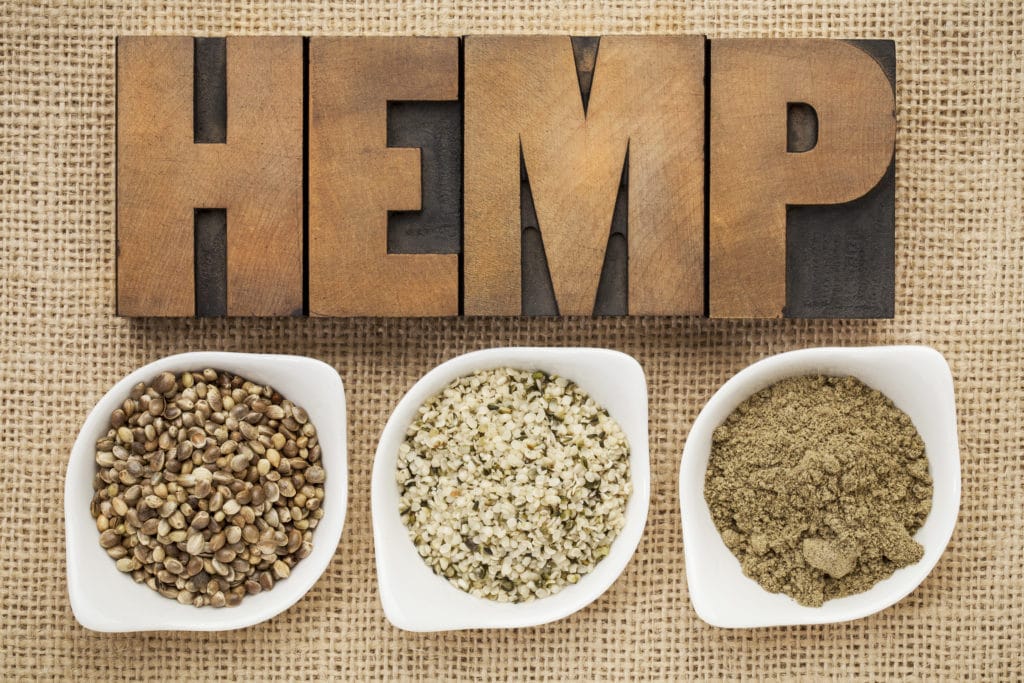After a series of negative reports regarding the cannabidiol (CBD) industry, recent developments have given stakeholders a ray of hope.
A December 2019 article on this BLOG discussed the recent Food and Drug Administration (FDA) activities intended to reiterate that CBD is not an approved ingredient for use in foods and dietary supplements, and the use of CBD in FDA regulated products is illegal.
The FDA actions occurred in the wake of the passage of the Agriculture Improvement Act of 2018 (a.k.a. the 2018 Farm Bill) on December 20, 2018, which removed hemp and hemp seeds from the Drug Enforcement Agency (DEA) list of controlled substances, ostensibly clearing the way for hemp-derived CBD to enter the market legally.
The Farm Bill states,
“For the purposes of this new part, and as defined in the 2018 Farm Bill, the term “hemp” means the plant species Cannabis sativa L. and any part of that plant, including the seeds thereof and all derivatives, extracts, cannabinoids, isomers, acids, salts, and salts of isomers, whether growing or not, with a delta-9 tetrahydrocannabinol concentration of not more than 0.3 percent on a dry weight basis. Delta-9 tetrahydrocannabinol, or THC, is the primary intoxicating component of cannabis. Cannabis with a THC level exceeding 0.3 percent is considered marijuana, which remains classified as a Schedule I controlled substance regulated by the Drug Enforcement Administration (DEA) under the CSA.”
However, according to the USDA website, the Farm Bill also directed the USDA to “issue regulations and guidance to implement a program to create a consistent regulatory framework around the production of hemp throughout the United States.”
Hemp Production Program
Attempting to provide a “consistent regulatory framework,” the USDA released an Interim Final Rule (IFR) in late October 2019, establishing the USDA Domestic Hemp Production Program (DHPP). The IFR outlines provisions to maintain information on and limit the amount of land where farmers may grow hemp, test levels of THC before allowing releasing the hemp for use, dispose of non-compliant plants, issue licenses to growers, and enforce compliance with the requirements of DHPP.
The USDA accepted comments on the IFR until January 29, 2020, and will make any necessary amendments or additions before issuing a Final Rule.
So while the removal of hemp from the controlled substance list fueled optimism for many hemp growers, concern remains about the restrictions the USDA rule will put on the acceptable quality of usable hemp, allowable acreage for hemp cultivation, time-frame allotted for testing THC levels, and what the cost of compliance will be for hemp farmers.
Hemp Legislation
Now, added to the mix, on January 13, 2020, legislation (HR 5587) was introduced in the U. S. House of Representatives which would allow for using hemp-derived CBD as an ingredient in dietary supplements.
Specifically, HR 5587 would amend the Federal Food, Drug, and Cosmetic Act (FD&C) to classify hemp-derived cannabidiol and hemp-derived cannabidiol containing substances as botanicals.
The Bill also requires the USDA to “complete a study on the market and regulatory barriers for producers operating under the DHPP,” potentially easing restrictions on hemp growers. The study must include information on the costs accrued from destroying non-compliant hemp crops.
What’s next for Hemp and CBD
Much remains to be hashed out, including:
- The USDA receiving comments on the IFR and making any additions or amendments before releasing a Final Rule.
- The FDA following through with a promise to continue to investigate the safety and efficacy of CBD and moving forward with approval of products and/or ingredients.
- What form HR 5587 takes, or if it even survives the lengthy process of proceeding through committees and withstanding floor debates in both Houses of Congress, and when and if it is signed into law by the President.
- Submission to the USDA of plans by individual states on stipulations for enforcing and regulating the provisions of the DHPP.
Stay tuned for further developments as regulators, growers, manufacturers, and consumers realize the future of the hemp-derived CBD industry.
For more information, visit the USDA Hemp Page





